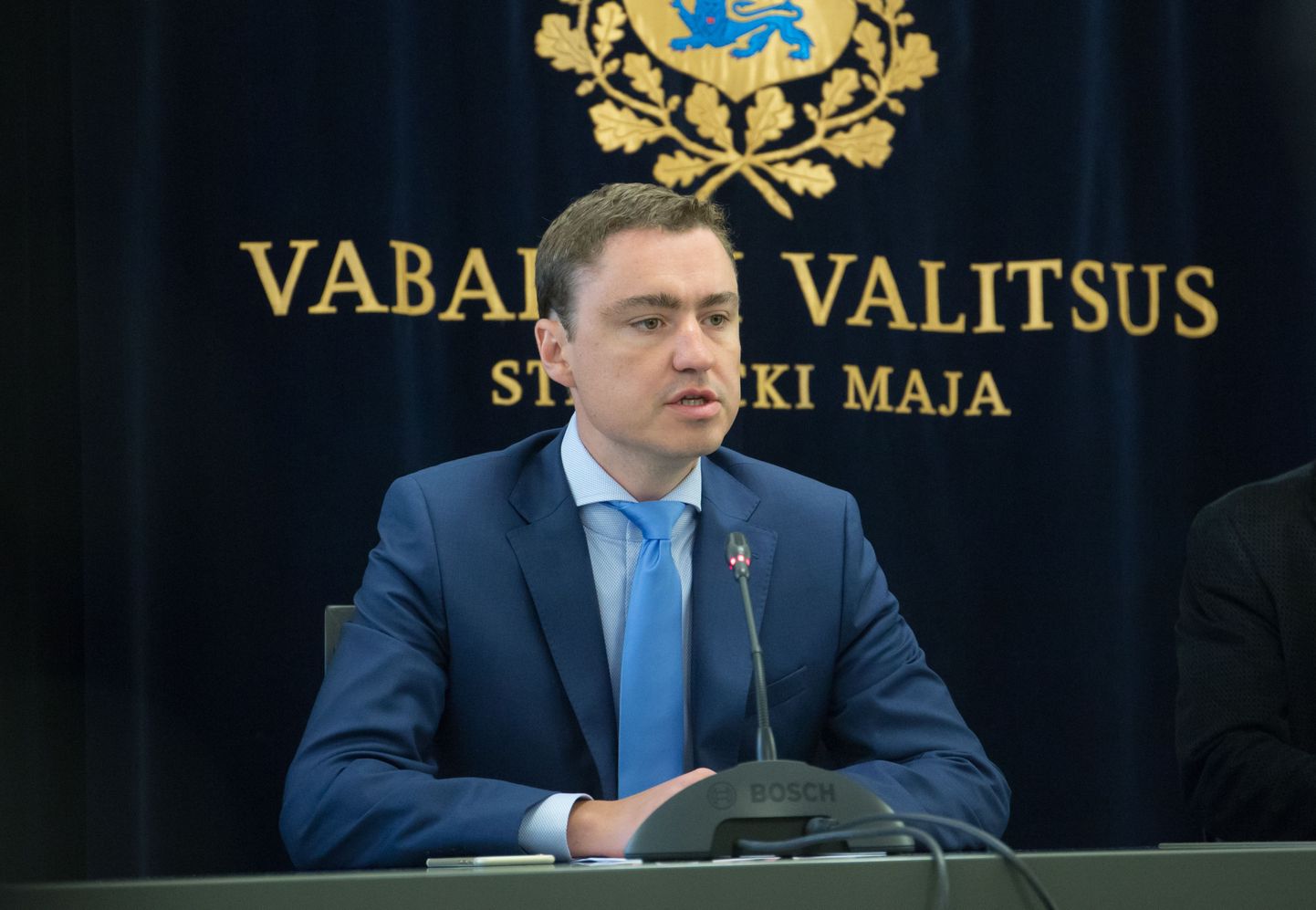
No political declarations will be added to the border treaty between Estonia and Russia, Estonian Prime Minister Taavi Roivas said on Thursday.

No political declarations will be added to the border treaty between Estonia and Russia, Estonian Prime Minister Taavi Roivas said on Thursday.
«We are going on with the process started – or more precisely, restarted – in 2013, which was not completed because of the change of the Riigikogu,» the leader of the Reform Party said.
«We didn't add any preamble or political declaration to the treaty, but we made small additions to the explanatory letter by making it more similar to the one from 2014. We reiterated some demands,» Roivas said at the government press conference.
In the words of the prime minister, there's no doubt that we all recognize the Tartu peace treaty. «At the same time we all understand that this concrete agreement only deals with matters related to the border,» Roivas said.
The prime minister said there are no differences in the ruling three-party coalition over the need to ratify the border agreement. He said this gives the people of Estonia a feeling of confidence that Estonia and its neighbors have no territorial claims on each other.
«To my mind ratifying the treaty in parliament is a sensible thing to do,» Roivas added.
Pro Patria and Res Publica Union (IRL) chairman Margus Tsakhna said in a press release published by IRL on the night between Wednesday and Thursday that the Estonian government must add a reference to the 1920 Tartu Peace Treaty to its decision concerning the ratification of the border treaty between Estonia and Russia.
Tsahkna, whose party is a junior member of the ruling three-party coalition, said that in its endorsement of the Estonian-Russian border treaty the government must state unambiguously that in concluding the border treaty Estonia is guided by the validity of Article 2 of the peace treaty and the principle of legal continuity.
In Article 2 of the peace treaty concluded between Estonia and Soviet Russia on Feb. 2, 1920, Russia unreservedly recognizes the independence of the Republic of Estonia and voluntarily renounces in perpetuity all rights of sovereign to the territory of Estonia.